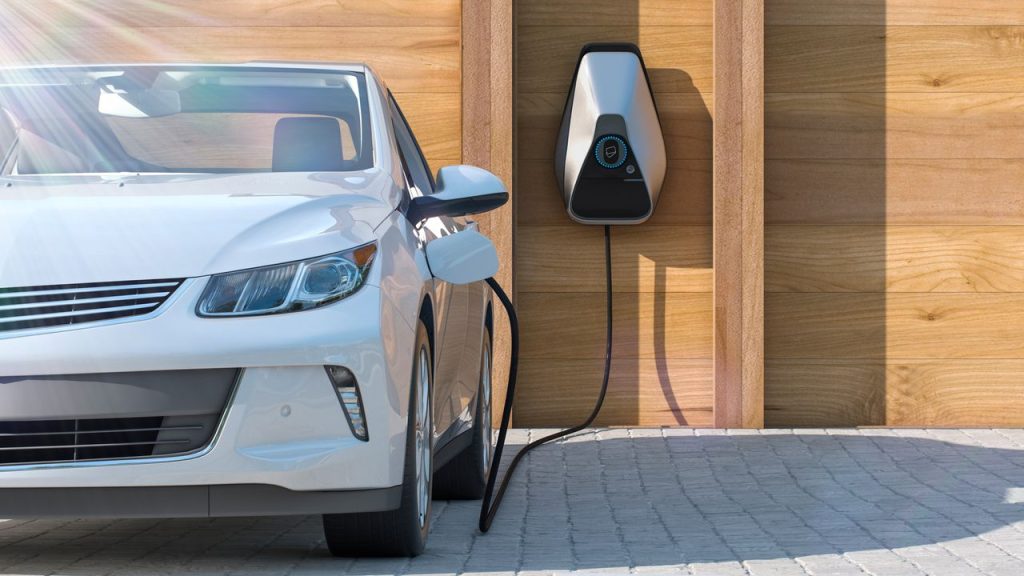The Future of Electric Cars and E-Mobility
Electric vehicles (EVs) have gained significant popularity in recent years, and their future looks promising. As the world becomes more conscious of the environmental impact of traditional gasoline-powered vehicles, the shift towards electric cars and e-mobility is inevitable. In this article, we will explore the future of electric cars and how they are shaping the automotive industry.
Smart Grid Integration
One of the key factors driving the future of EVs is smart grid integration. As the number of electric vehicles on the road increases, it becomes essential to have a robust infrastructure to support their charging needs. Smart grids enable efficient charging by managing the demand and supply of electricity. They allow EV owners to charge their vehicles during off-peak hours when electricity rates are lower, reducing the overall cost of ownership. Additionally, smart grids can integrate renewable energy sources, such as solar and wind, to power electric vehicles, further reducing their carbon footprint.
Policy Support
Government policies play a crucial role in shaping the future of electric cars. Many countries around the world are implementing policies to promote the adoption of EVs. These policies include financial incentives, such as tax credits and rebates, for purchasing electric vehicles. Additionally, governments are investing in the development of charging infrastructure to support the growing number of EVs on the road. Policy support not only encourages consumers to switch to electric cars but also attracts investment in research and development, leading to technological advancements in the EV industry.
The Future of EVs
The future of electric cars is bright, with several advancements on the horizon. One of the key areas of development is the improvement of battery technology. Researchers are working on developing batteries with higher energy density, longer range, and faster charging capabilities. These advancements will address one of the main concerns of potential EV buyers – range anxiety.
Another area of focus is the development of autonomous electric vehicles. Self-driving cars have the potential to revolutionize transportation, making it more efficient and reducing traffic congestion. When combined with electric power, autonomous vehicles can significantly reduce greenhouse gas emissions and create a sustainable transportation system.
Furthermore, the integration of electric cars with renewable energy sources is gaining traction. Solar-powered charging stations and vehicle-to-grid (V2G) technology allow EVs to not only consume electricity but also feed it back into the grid when needed. This bidirectional flow of energy promotes energy efficiency and grid stability.
The Benefits of Electric Cars
Electric cars offer several benefits over traditional gasoline-powered vehicles. Firstly, they produce zero tailpipe emissions, reducing air pollution and improving air quality in cities. Secondly, electric cars are more energy-efficient, converting a higher percentage of energy from the grid to power at the wheels. This efficiency translates into cost savings for the owners, as electricity is generally cheaper than gasoline. Lastly, electric cars contribute to reducing dependence on fossil fuels, making transportation more sustainable and less vulnerable to fluctuations in oil prices.
In Conclusion
The future of electric cars and e-mobility looks promising. With advancements in smart grid integration, policy support, and the continuous development of EV technology, electric cars are set to become the norm in the automotive industry. As more countries adopt sustainable transportation policies and consumers embrace the benefits of electric vehicles, we can expect a greener and more sustainable future.
Sources:
- Source 1: [insert source]
- Source 2: [insert source]
- Source 3: [insert source]


